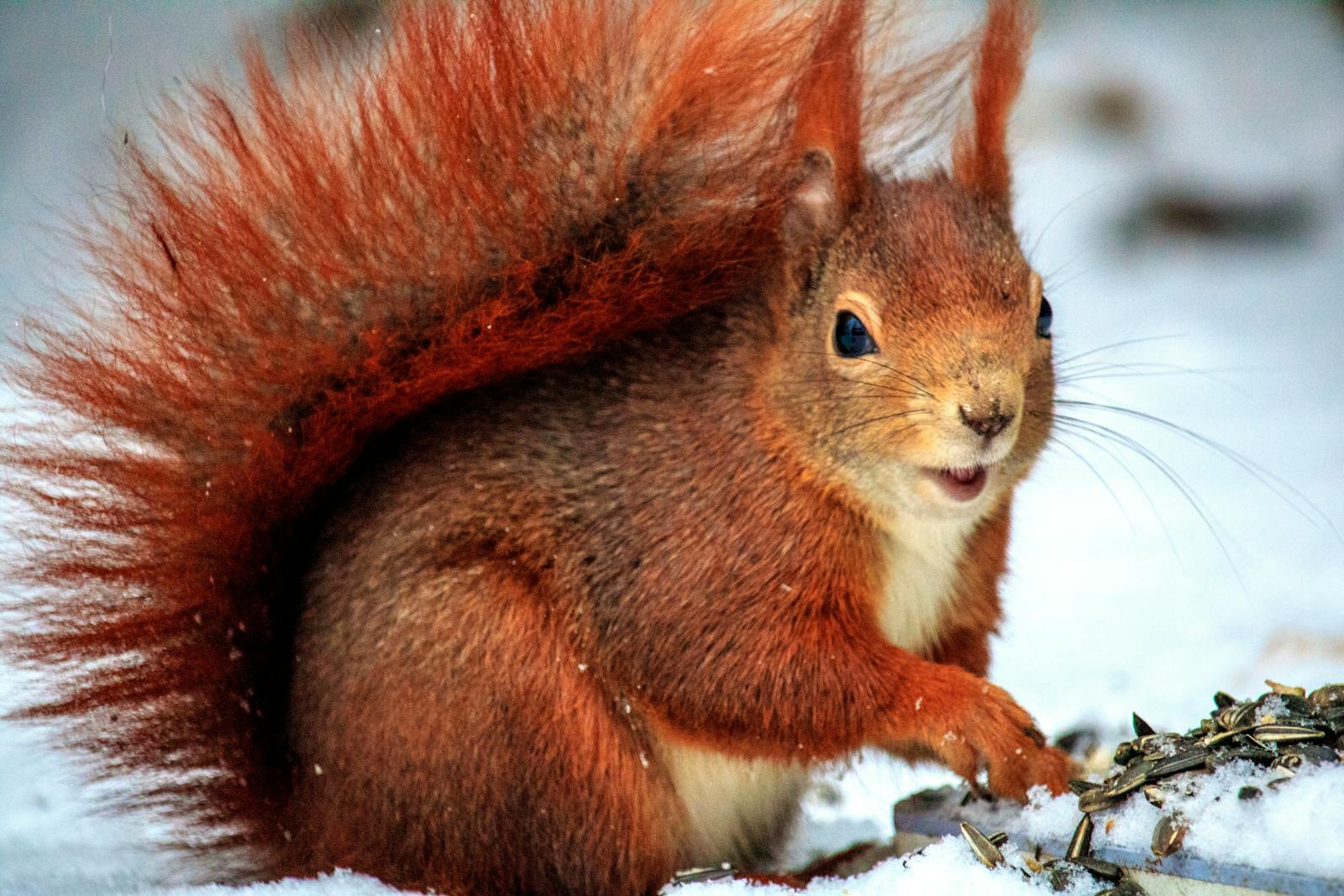Intellectual Property Ownership
-
Minecraft is owned by Mojang Studios, which is a subsidiary of Xbox Game Studios, part of Microsoft.
Minecraft, a globally popular sandbox video game, is owned by Mojang Studios, a Swedish software development company founded in 2009. In 2014, Mojang was acquired by Microsoft, subsequently becoming a subsidiary under Xbox Game Studios. This acquisition bolstered Microsoft’s gaming portfolio, integrating Minecraft into its expansive ecosystem while preserving the game’s creative ethos. Microsoft has since leveraged its resources to enhance Minecraft’s capabilities, including cross-platform play and educational applications. Mojang’s integration into Xbox Game Studios signifies strategic alignment, enabling collaborative opportunities that continue to drive the game’s evolution and consistent appeal across diverse audiences.
-
Roblox Corporation owns the Roblox platform, which allows for user-generated content and games.
Roblox Corporation, a major player in the gaming industry, owns and operates the Roblox platform, a virtual universe that empowers users to create, share, and monetize their own content through user-generated games. This dynamic environment not only fosters creativity but also supports a vast and diverse community of developers who often collaborate and compete on a global scale. By providing innovative tools and resources, Roblox encourages individuals of varying skill levels to design games, thereby democratizing game development and transforming the landscape of digital content creation. The platform’s robust infrastructure and supportive ecosystem have made it a popular space for aspiring developers to hone their skills and reach wide audiences.
- No direct ownership of Minecraft exists within Roblox; users create content inspired by or resembling Minecraft.
- Both companies retain ownership of their respective brands and intellectual properties.
- Using Minecraft’s assets within Roblox could infringe on Mojang’s copyrights and trademarks.
User-Generated Content and Legal Implications
- Roblox allows users to create and monetize games, but must comply with intellectual property laws.
- Content that closely imitates Minecraft may be subject to cease-and-desist orders from Mojang.
- Roblox users must be cautious not to use copyrighted material or trademarks from Minecraft.
- Community guidelines on Roblox prohibit the use of copyrighted content without permission.
- Legal disputes could arise over content that is viewed as derivative of Minecraft within Roblox.
Licensing and Fair Use Considerations
-
Fair use policies might allow some limited use of Minecraft concepts in Roblox under specific conditions.
Fair use policies, rooted in copyright law, may permit the limited use of Minecraft’s concepts within Roblox under certain strict conditions. Typically, fair use is evaluated based on factors such as the purpose and nature of the use, the amount and substance of the material taken, and its potential market impact. Use that is transformative, such as commentary, critique, or parody of Minecraft, might qualify as fair use if it adds new expression or meaning rather than merely duplicating the original work. However, even transformative uses must ensure that they do not exploit copyrighted material purely for commercial gain, which could tip the balance against fair use.
In the case of Roblox, where users create and monetize content, the commercial setting complicates the application of fair use. Developers incorporating Minecraft-like elements must tread carefully, ensuring their content significantly deviates from the original in creative and expressive ways. Courts are more likely to reject claims of fair use when the new work risks supplanting the market for Minecraft by serving as a substitute. Thus, while fair use might theoretically apply, its scope is narrow, and developers should proceed cautiously to avoid potential infringement claims. Understanding these nuanced factors is critical for compliant game development practices.
- However, fair use is often interpreted narrowly, especially in commercial settings like Roblox.
- License agreements from both firms dictate the extent of user content usage across platforms.
- Modifications made to copyrighted games like Minecraft could lead to claims of infringement.
- Legal advice is recommended for developers creating content inspired by Minecraft on Roblox.
Community Impact and Enforcement
- Active monitoring of content by both Minecraft and Roblox can lead to takedown requests.
- Community reports can trigger investigations into potential copyright infringements.
- Users should be educated on the importance of originality in game development to avoid legal issues.
- Both platforms encourage creativity while enforcing strict adherence to copyright policies.
- Users are often unaware of the risks surrounding derivative works, making enforcement a complex issue.
What are your thoughts on this tool? Leave feedback →



![Protoparmeliopsis muralis, lichen crustacé saxicole couvrant de nombreux substrats artificiels[g].](https://ericknaus.com/wp-content/uploads/2026/02/Lecanora_muralis_-_Flickr_-_pellaea_1-150x150.jpg)

